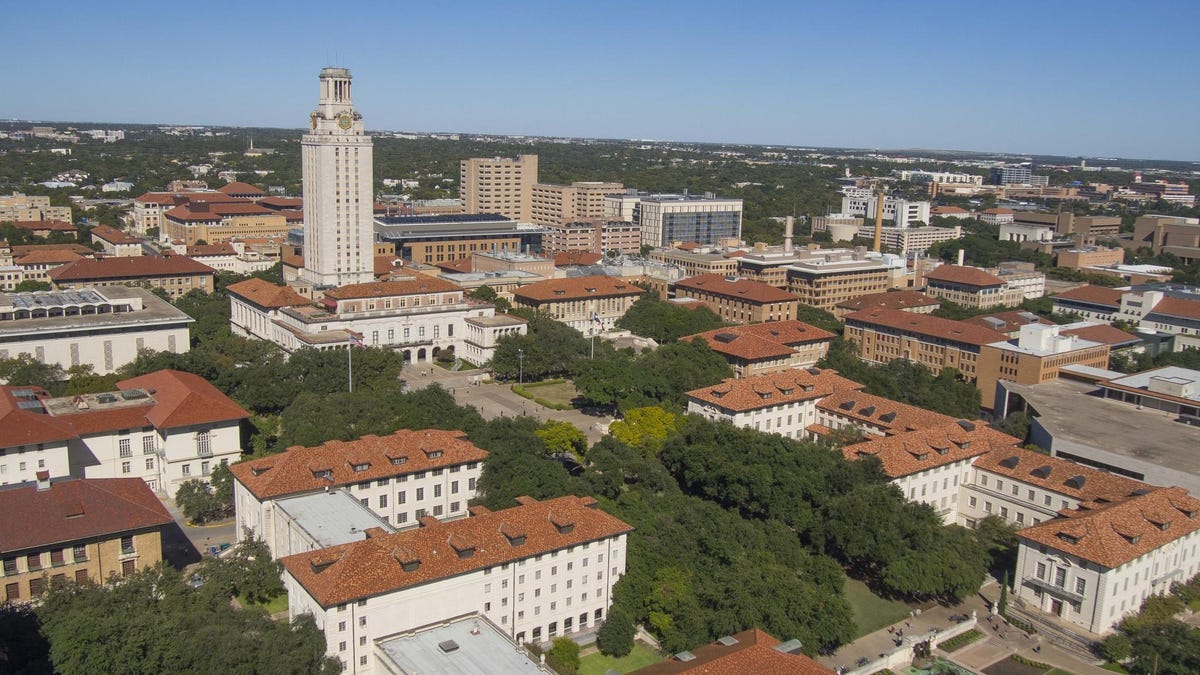University of Texas wins $60 million grant for supercomputer
The Frontera supercomputer will help study topics like global climate modeling and particle collisions from the Large Hadron Collider.

The University of Texas at Austin is getting another supercomputer.
The University of Texas at Austin will soon be home to one of the most powerful supercomputers in the world.
The National Science Foundation awarded UT Austin's Texas Advanced Computing Center (TACC) a $60 million grant to buy and operate a supercomputer named Frontera, according to a joint statement Wednesday from the university and NSF.
The supercomputer is set to become operational roughly a year from now and will be "among the most powerful in the world," according to a statement. To be exact, it will be the fifth most powerful in the world, the third most powerful in the US and the most powerful at a university.
"Supercomputers -- like telescopes for astronomy or particle accelerators for physics -- are essential research instruments that are needed to answer questions that can't be explored in the lab or in the field," Dan Stanzione, executive director of the TACC, said in the statement.
Frontera will help researchers study topics like global climate modeling, hurricane forecasting and particle collisions from the Large Hadron Collider.
"I am very pleased with the outlook for the next Leadership-Class Computing Facility awarded to the Texas Advanced Computing Center where we foresee the opportunity to accelerate discoveries that will benefit education, research, industry and our nation as a whole," said Jim Kurose, NSF's Computer and Information Science and Engineering assistant director, in a statement.
NSF previously awarded the school a $30 million grant in 2017 for a supercomputer named Stampede2.
First published Aug. 19 at 7:11 a.m. PT.
Update at 9:18 a.m. PT: Adds addition quote from National Science Foundation.

